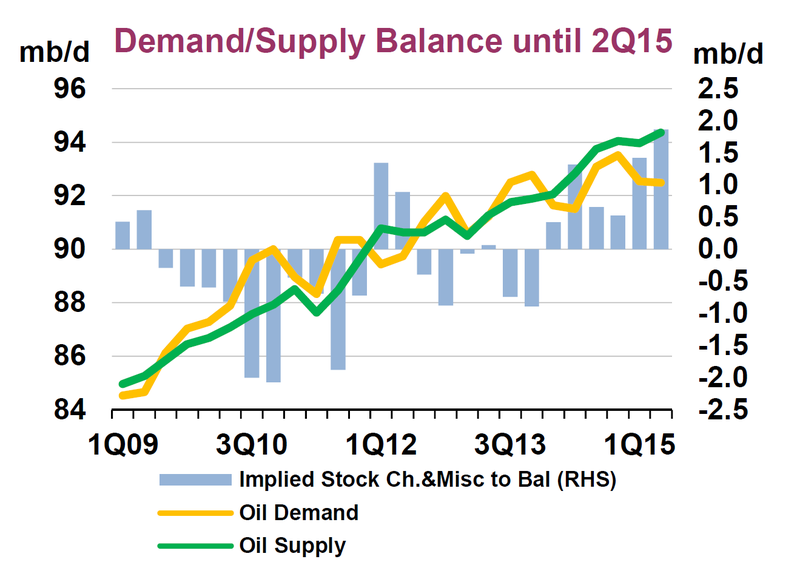The price of sin the effects on social norms on markets FSinsight
Post on: 28 Июль, 2015 No Comment

Jan 30, 2008
Subjects: Socially Responsible Investments
This thorough and careful paper reviews the investment environment of sin stocks, i.e. publicly-traded companies involved in the production of alcohol, tobacco, and gaming using a series of sophisticated regressions over long time periods. The authors Prof. Harrison Hong (Princeton University) and Marcin Kacperczyk (New York University) argue that there is clearly a societal norm against funding operations that promote human vice, and consequently many investors may not want themselves or others to support these companies by investing in their stocks.
The study covers this topic in three steps — 1) an analysis of ownership, 2) a review of valuation, and 3) an attribution analysis of historical returns.
Finds that for the 1980-2003 time period, sin stocks had approximately a 13% lower institutional ownership ratio than other firms. The stocks also had less analyst coverage than the average firm for the 1976-2003 time period (2.1 covering analysts on average vs. 2.5 for other firms). Mutual funds and independent advisors did not have low levels of ownership, however, which the authors attribute to their role and natural arbitrageurs.
The valuation review likewise also suggests neglect: price/book ratios for sin stocks are, on average, 16% lower than those of other companies (after adjusting for other characteristics such as ROE and R&D / Sales) for the 1962-2003 time period.
The attribution analysis of returns covers the 1926-1964 and 1965-2004 time periods. Finds consistent outperformance by sin stocks (returns are expressed as alphas after adjusting for beta, size, price/book ratio, and momentum). This outperformance was notably greater in the latter time period, when social objections to tobacco were gaining strength. This analysis also shows that the stocks were more likely to be classified as value stocks during the latter period.
Concludes that some investors, particularly institutions subject to public scrutiny and social norms, pay a financial price for not holding these stocks.
This study received an Honorable Mention in the 2006 Moskowitz Prize competition (awarded by the Center for Responsible Business at the Haas School of Business, in cooperation with the Social Investment Forum. the Moskowitz Prize promotes the concept, practice, and growth of socially responsible investing).
References
This article was previously published on stristudies.org. January 30, 2008.
This article may be reproduced according to our terms of use with attribution (and link, if online) to fsinsight.org. To be cited as: The price of sin: the effects on social norms on markets, Lloyd Kurtz, fsinsight.org, January 30, 2008.














